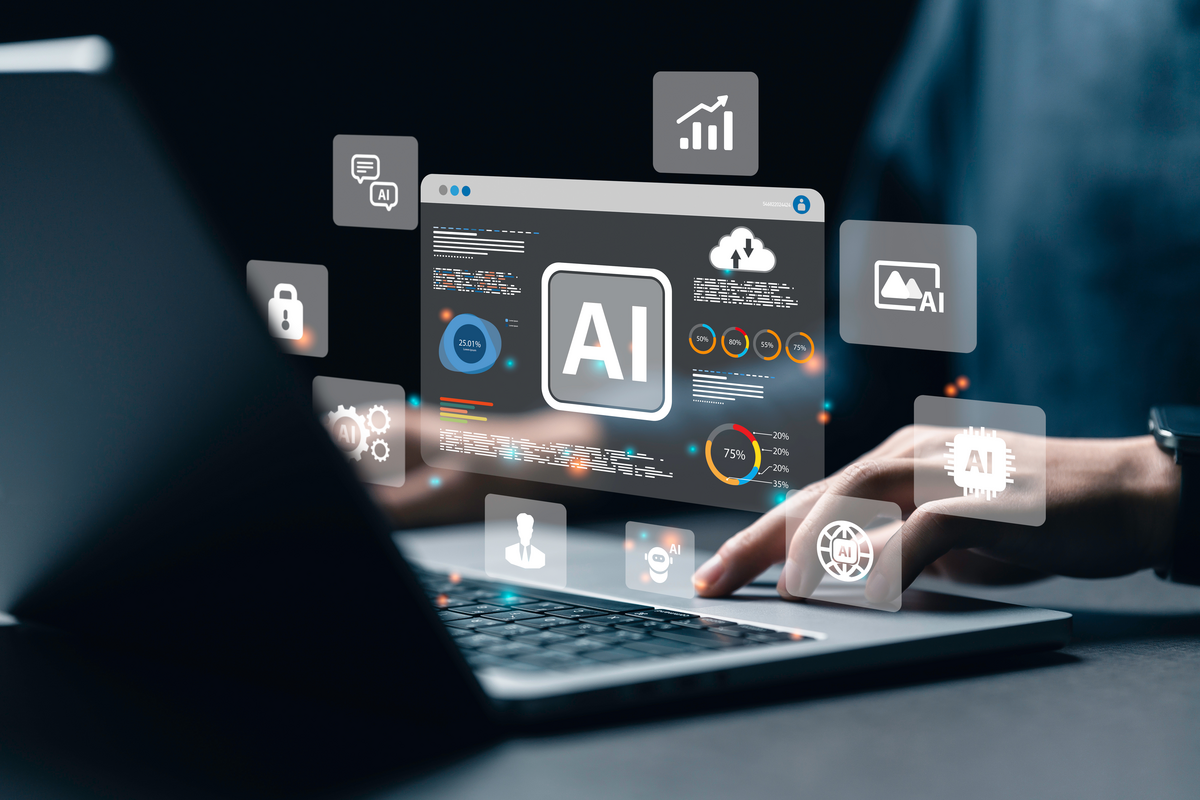Because he has one of the most successful track records, Warren Buffett is a legend in the finance world. The investing moves he makes as head of Berkshire Hathaway are watched by both amateurs and pros.
More recently, Apple (AAPL 1.81%) has arguably been the best stock the conglomerate has owned. Berkshire initially bought shares in the first quarter of 2016. From the start of that quarter to June 18, 2024, shares of this consumer tech titan have soared 714%. That monster gain has made Apple into Berkshire's largest holding, representing a jaw-dropping 43% of the massive $390 billion portfolio.
A lot can be learned by looking at Buffett's decision-making process when he first chose to buy the "Magnificent Seven" stock. Investors should then view things with a fresh perspective to see if these factors still hold true and could make Apple a smart buy today.
The Apple of Buffett's eye
Running through case studies to try to figure out why Warren Buffett first decided to buy Apple can reveal insights that the average investor can use in their own process. By looking at Berkshire's purchase of the tech stock back then, I can identify some key attributes that might have swayed the Oracle of Omaha.
Apple was a smaller business nearly a decade ago, but it still possessed one of the world's strongest brands. The company's popular hardware products, most notably the iPhone, promoted customer loyalty. But thanks to Apple's software and services, a powerful ecosystem was created that discouraged customers from leaving for competing platforms.
That brand recognition and customer loyalty helped drive tremendous pricing power. This was indicated by Apple's fiscal 2015 gross margin of 40.1%. It seemed like customers were willing to pay up for the expensive products.
Apple's financials were in pristine shape when Buffett first bought the stock. In fiscal 2015, the business raked in $53 billion in net income, good for a stellar profit margin of 22.8%. And Apple was sitting on $206 billion of cash, cash equivalents, and marketable securities, compared to $56 billion of long-term debt (as of Sept. 26, 2015). This was not a financially struggling enterprise.
Warren Buffett loves buying high-quality businesses. But he will only do so if the price is right. During Q1 2016, shares of Apple traded at an average price-to-earnings (P/E) ratio of just 10.6. No, that's not a typo. This looks like an absolute steal in hindsight.

NASDAQ: AAPL
Key Data Points
Is it too late to buy Apple stock?
Clearly, Apple worked out to be a fantastic investment decision for the Oracle of Omaha. And today, it represents a large chunk of Berkshire Hathaway's public equities portfolio. But investors shouldn't automatically buy the stock. The current setup isn't the same as when Buffett first bought shares.
Apple is a more mature company in 2024 than it was in 2016. This means that its growth prospects are a bit more limited. Sales declined 2.8% in fiscal 2023, and they fell again in the second quarter of fiscal 2024.
For these lower growth trends, investors are being asked to pay a price-to-earnings ratio of 32.7. That's a ridiculously steep valuation which is 53% higher than Apple stock's trailing 10-year average P/E multiple. And the current valuation is three times more than when Buffett first added Apple to the Berkshire portfolio.
According to the valuation, expectations remain high for this company and its future. However, revenue and earnings gains going forward likely won't come close to resembling the past. This is a great business, no doubt, but it doesn't look like a smart investment today.





